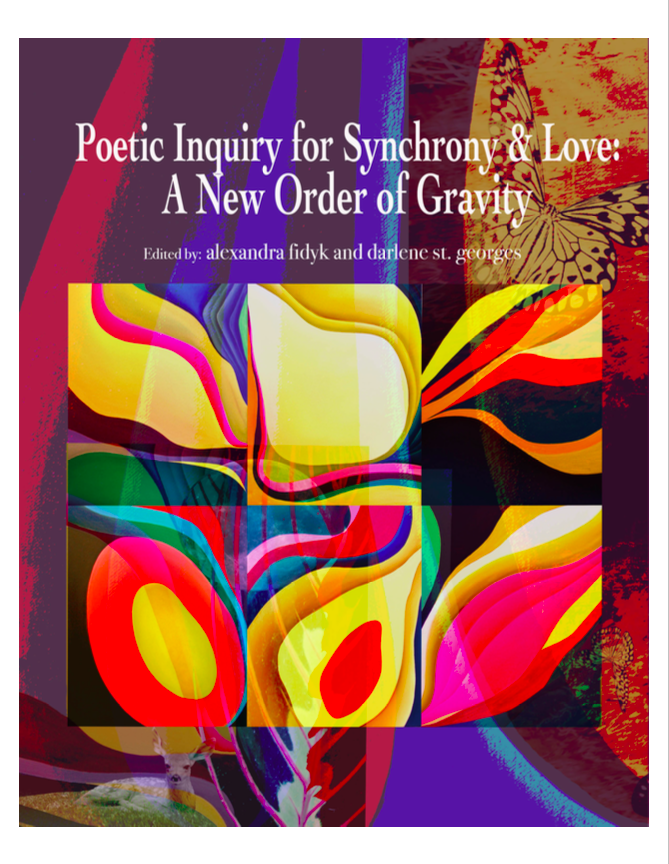Gasp. Struggle. Let Go.
DOI:
https://doi.org/10.18432/ari29671Palabras clave:
cancer, poetry, life writing, unforgetting, photographyResumen
This writing explores what continues to arise after my cancer diagnosis. A cancer diagnosis enlivens the question of what it means to live well with the Earth and its multi-dimensional beings and provides a necessary push to step out from the confines of a self and toward and into the wild fray of this life. I interpret my lived experiences through life writing. Readers and listeners might be drawn into recognition of their inescapable ecological interdependence. The necessity of cultivating an ability to listen and interpret the world and the human and other-than-human kinships becomes undeniable as I engage in life-writing and photography. Listening to words that arise in my writing and reviewing the photos I take continues to be my way of taking a journey toward learning to be open to the fullness of life, how life is lived, how life can be remembered and suffered and let go. Through this study, I am learning the necessary steps to unforget what I need and what the Earth might need of me. Cancer offers an opening for the practice of life-writing and of making sense of being in the world and of understanding the offerings that arrive when I nurture a commitment to care for the world and myself.
Descargas
Publicado
Cómo citar
Número
Sección
Licencia
Derechos de autor 2022 Kate McCabe

Esta obra está bajo una licencia internacional Creative Commons Atribución-NoComercial-SinDerivadas 4.0.
Authors who publish with Art/Research International agree to the following terms:
a. Authors retain copyright and grant the journal right of first publication and the right to sublicense the Contribution, in the form in which it is published by the journal, to others under the terms and conditions of the of the Creative Commons Attribution-NonCommercial-NoDerivs (CC BY-NC-ND) that allows others to download the work and share the work with others with an acknowledgement of the work's authorship and initial publication in this journal, but they cannot change the work in any way or use any part of the work commercially.
b. Authors are able to enter into separate, additional contractual arrangements for the non-exclusive public distribution and display of the journal's published version of the work (e.g., post it to an institutional repository or publish it in a book), with an acknowledgement of its initial publication in this journal.
c. Authors are permitted and encouraged to post their work online (e.g., in institutional repositories or on their website) prior to and during the submission process, as it can lead to productive exchanges, as well as earlier and greater citation of published work (See The Effect of Open Access).
d. Authors wishing to include items (such as images or other media, or any creative works of others whether previously published or not) must contact the original copyright holder to obtain explicit permission to publish these items in Art/Research International. Writing permission should include: the title(s) of any copyrighted work, original place of publication if applicable, and an acknowledgement of having read Art/Research International's copyright notice. Authors are responsible for obtaining this permission and keeping it in their own records for later verification.



